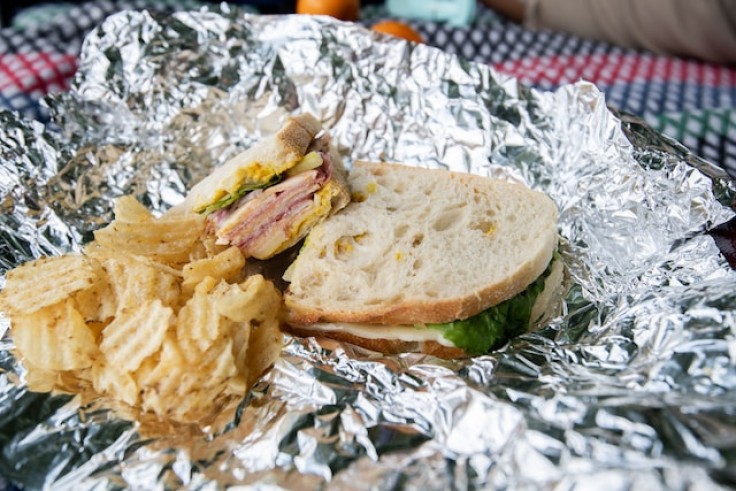
Wasting food is a common habit that most families are guilty of at some point or another. The "clean plate club" was a mantra of previous generations, but somehow, the message doesn't seem to resonate with many kids today. Teaching children the importance of not leaving leftovers can be a crucial lesson that impacts not only the household budget but also environmental sustainability and ethical responsibility. Here's how to instill this valuable lesson in your young ones.
Start with a Conversation
Begin by having an open and honest conversation with your kids about why it's essential not to waste food. Explain that food waste contributes to environmental issues, like increased greenhouse gas emissions. Talk about the ethical aspect, pointing out how there are people in the world who don't have enough to eat. Simplify complex topics, making them understandable for your child's age group.
Lead by Example
Children often emulate what they see. If they notice you scraping food off your plate into the trash regularly, they will likely to do the same. Be a role model by finishing your meals, storing leftovers for later, or composting food scraps whenever possible.
Get Them Involved in Meal Planning
One way to reduce food waste is by getting your kids involved in meal planning. Ask them what they'd like to eat during the week. This involvement will not only make them excited about meals but also more likely to finish them. It's a win-win for everyone!
Portion Control
Overloading plates is a surefire way to end up with leftovers. Teach your kids the value of starting with smaller portions, explaining that they can always get more if they're still hungry. This approach reduces waste and helps instill a healthy habit of eating only what they need.
Make Leftovers Appealing
Sometimes leftovers are inevitable, and that's okay. Teach your kids how to repurpose them into something new and exciting. Last night's grilled chicken can be today's chicken salad, or the extra rice could be turned into fried rice with some vegetables. Make leftovers an adventure, not a chore.
Rewards and Recognition
Positive reinforcement can go a long way. Consider setting up a reward system for when your kids finish their meals. It doesn't have to be something grand; simple stickers or small treats can work wonders.
Share the Responsibility
Encourage your children to serve themselves, which gives them control over their portions. You'll find that they're less likely to waste food when they've been responsible for putting it on their plate.
Donate Excess Food
Take your kids along with you to donate excess food to a local shelter or food bank. It's an excellent opportunity for them to understand the value of food and how fortunate they are to have regular meals.
Engage in Family Discussions
Make mealtime an occasion for family bonding and discussions. When kids are engaged and happy during meals, they're less likely to rush through eating and more likely to finish their food.
The 'One More Bite' Rule
When all else fails, employ the 'one more bite' rule. Encourage your children to take at least one more bite before deciding they're full. Sometimes, this nudge is enough for them to realize they can finish their plate after all.
Teaching your children the importance of not leaving leftovers is not just about preventing waste; it's about instilling values of gratitude, resourcefulness, and responsibility. It may take time and patience, but the lessons they learn will serve them well throughout their lives.
Related Article : How Parents' Food Preparations Can Fuel Children's School Performance